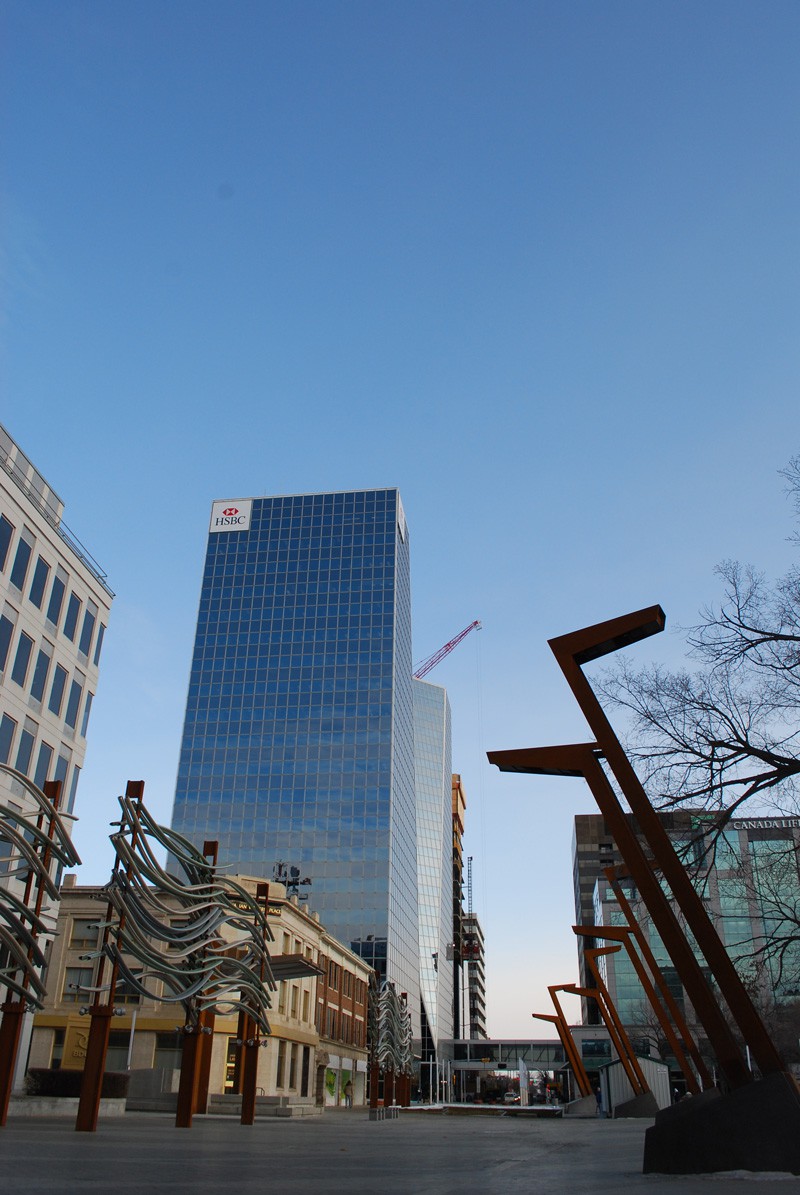
The grey claw of a backhoe lumbers toward the east side of the historic Plains Hotel in downtown Regina, groping at the building’s outer wrapping of bricks. Under the hoe’s touch, the walls crumble, exposing layers of concrete, rebar, drywall, and wiring to the sub-zero temperatures of December 2011. A $100-million condo and adjoining hotel is scheduled to rise up in its place over the corner of Albert Street and Victoria Avenue by 2013.
This is the new Saskatchewan, a province of economic growth and prosperity, a place of “amazing opportunities” according to the province’s Enterprise Minister Jeremy Harrison.
RBC Economics Research predicts that population growth, increasing investment in the extraction of natural resources like potash and oil, and rising manufacturing sales will cause Saskatchewan to “lead the country in economic growth throughout 2013.”
These factors also mean more houses are being built, with 1,374 residential projects started in Regina in the first 11 months of 2011, outpacing the same period in 2010 by 30 per cent, says the Canada Mortgage and Housing Corporation (CMHC).
Despite this, the province’s housing situation is one Alaina Harrison (no relation to the minister) “would absolutely call … a crisis.” She’s the housing support coordinator with Carmichael Outreach, a non-profit serving the marginalized in Regina. The Queen City’s vacancy rate is the lowest in the country at 0.6 per cent, according to the CMHC. Saskatoon’s is 2.6 per cent, and the average of all Saskatchewan urban centres is 1.9 per cent, still less than the national average of 2.2 per cent.
And since landlords can afford to be choosy about whom they rent to, minimum-wage earners or those on social assistance have to contend with the stigma of being low income in addition to the barriers of availability and affordability. “In Regina, [homelessness] is a huge problem and a growing problem,” says Alaina.
A recent City of Regina fact sheet claims the municipality needs 200 to 300 more units per year. The CMHC found that 194 rental units were created in Regina between October 2010 and September 2011, compared to the previous year where no completions were recorded. However, the net result in the rental market for that period was a decrease of 126 units due to 196 condo conversions and buildings being demolished, boarded up, or sold.
The Saskatchewan Party government, which gained 11 seats from the NDP in the November election, made several promises in its fall throne speech to address the lack of affordable housing. One of these initiatives would require property owners who don’t belong to the Saskatchewan Rental Housing Industry Association to give tenants one year’s notice before raising the rent. The association also recently introduced a process to aid tenants faced with destabilizing rent increases.
While Alaina is pleased that affordable housing is on the province’s radar, she isn’t convinced this measure will help people in Regina. “I’m very happy that they are putting a lot of thought into it and trying to do something, but until they put significant investment into social housing, I don’t know that anything’s going to really get fixed.”
Other strategies, some of which were announced in spring and summer last year, include providing forgivable loans for eligible projects that create secondary suites or affordable rental units.
The following photos illustrate both the prosperity and the hardship coexisting in Regina today.
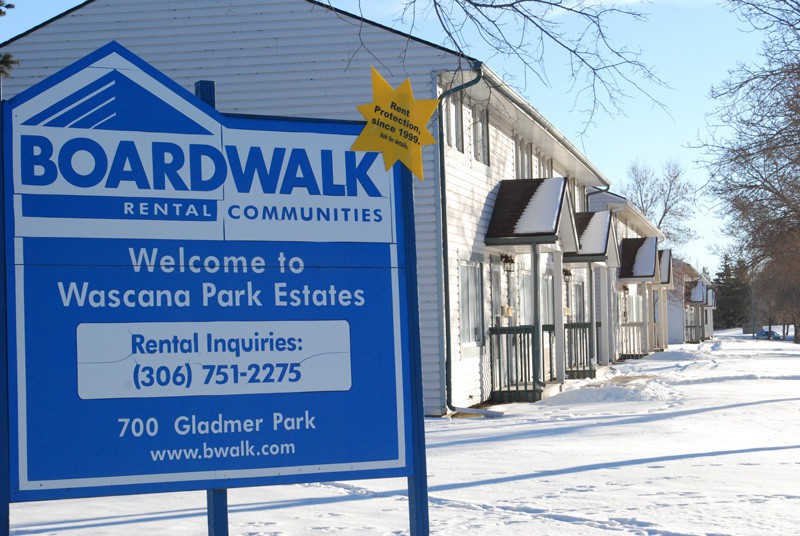
After Roy Romanow’s NDP government eliminated rent controls in Saskatchewan in 1992, Boardwalk Corporation bought 25 to 30 per cent of Regina’s privately owned rental housing, plus this Gladmer Park social housing project. Boardwalk made cosmetic improvements to properties before raising rents dramatically, significantly reducing the supply of affordable housing in Regina.
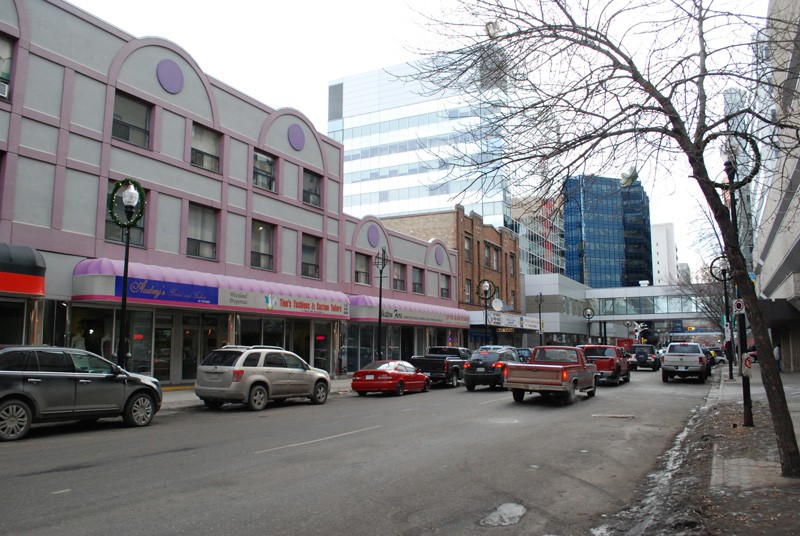
Tenants living in the 46 apartments of the Black Building were issued eviction notices in October 2011, four months prior to a scheduled demolition in February 2012 and a couple of months after the property owners failed to meet a city deadline to complete repairs to the structure. Residents were paying approximately $400 per month in what was one of Regina’s most affordable apartment blocks for low-income people.
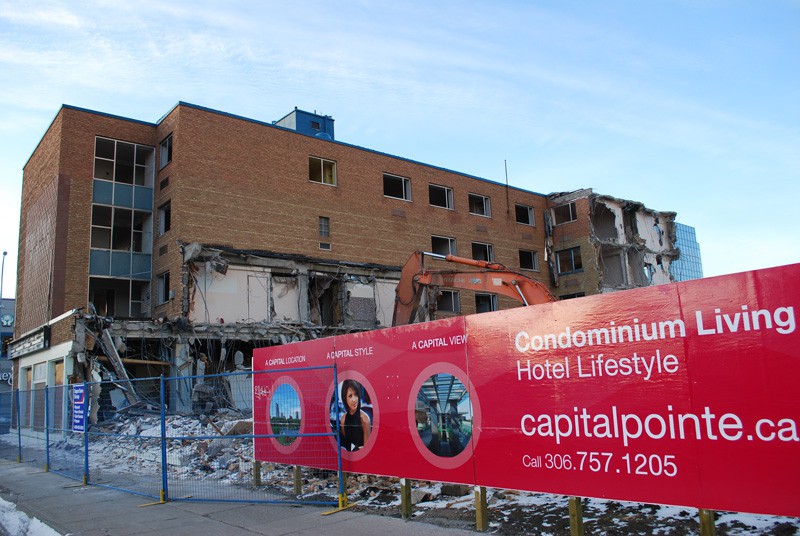
The Plains Hotel, home to the famed Good Time Charlie’s pub, was demolished in December 2011. It will soon be replaced by Capital Pointe, a condo tower boasting “Regina’s new standard in luxury living.” Condo prices will range from $200,000 to over $800,000.
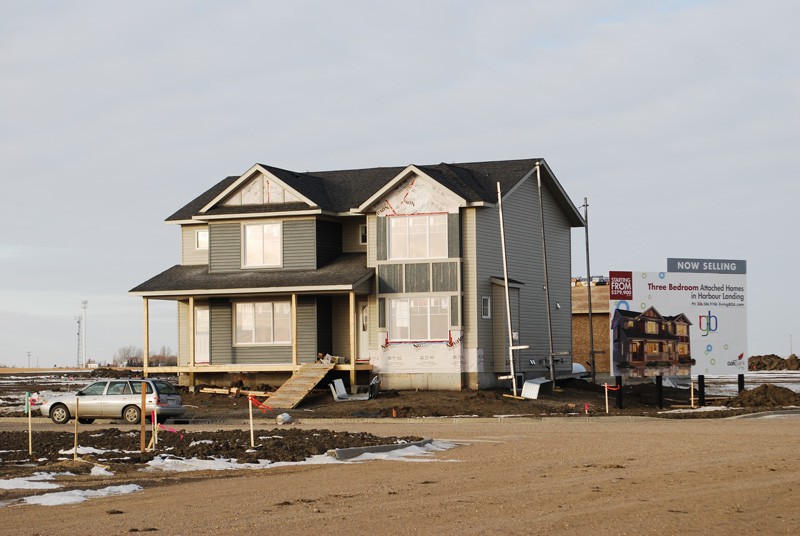
In 2008, the average price for a single-detached dwelling in the new Harbour Landing development was $359,795, but the CMHC predicts that figure will hit $490,000 this year.
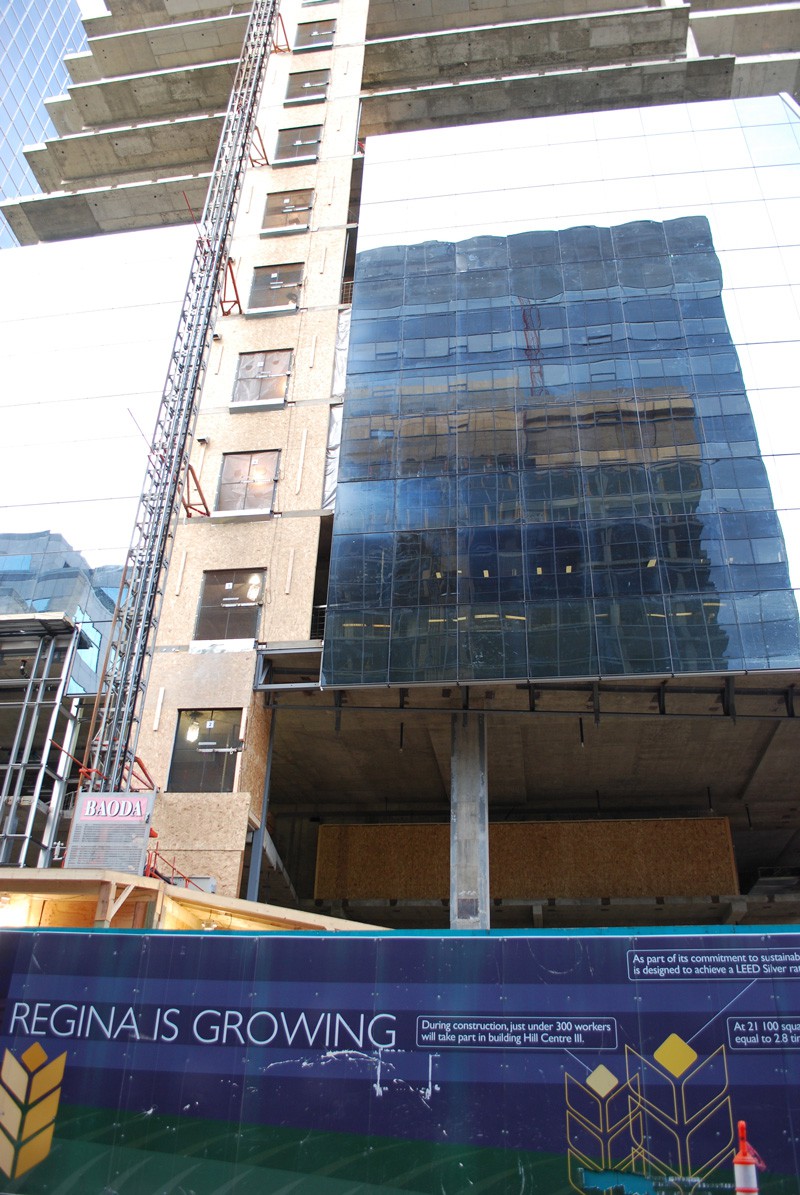
The $100 million Hill Centre Tower III is the first office highrise to be built in Regina’s downtown in almost 20 years.
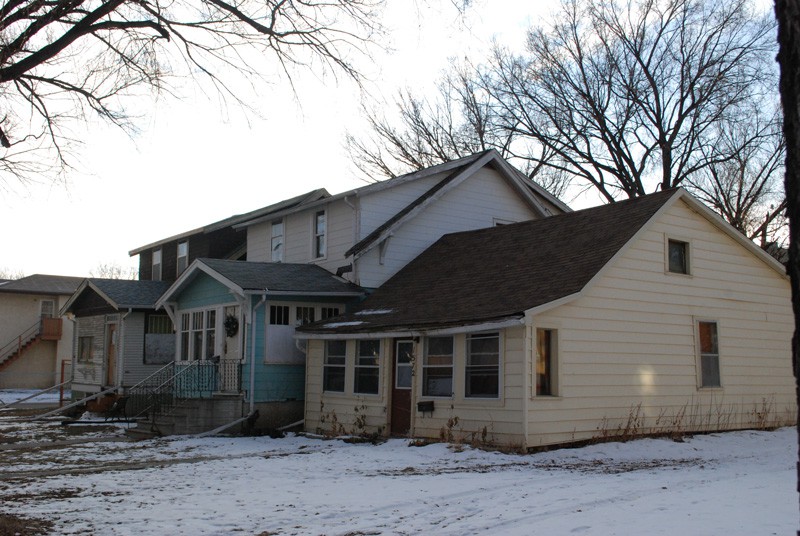
Regina’s North Central community became infamous after a 2007 Maclean’s magazine article called it “Canada’s worst neighbourhood.” Overcrowded and substandard housing dominates the area characterized by high mobility and low home ownership rates. The median household income in North Central – $25,000 – is half the city average, and one-third of its 12,000 residents are on social assistance.
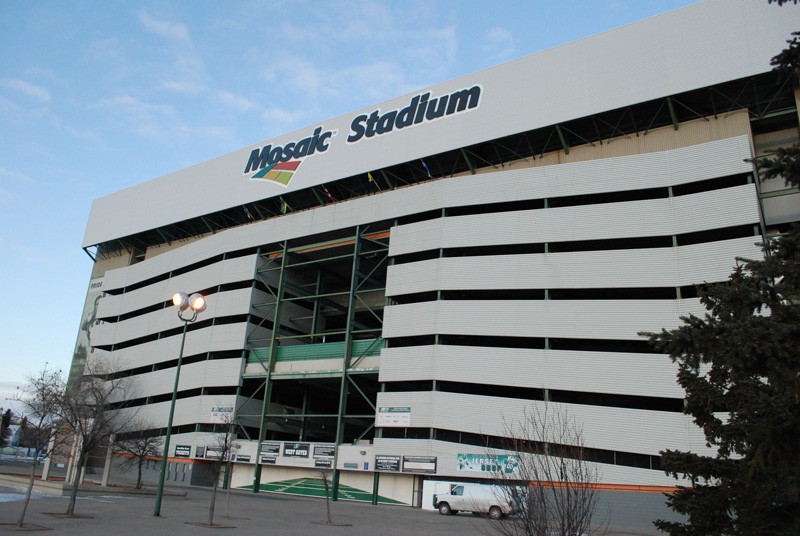
Last year, Mayor Pat Fiacco announced a $1 billion revitalization plan that included building 700 residential units on the site of the current Mosaic Stadium in North Central while building a new stadium, together with commercial and retail units, just north of downtown.



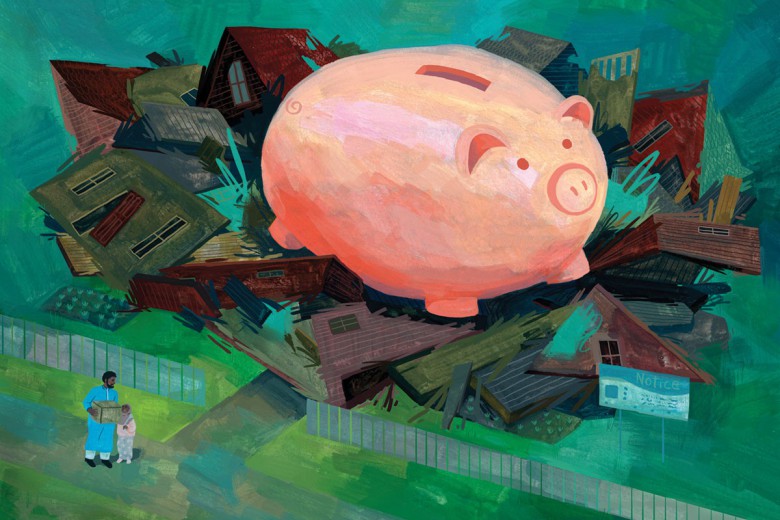
_780_520_90_s_c1.jpg)

